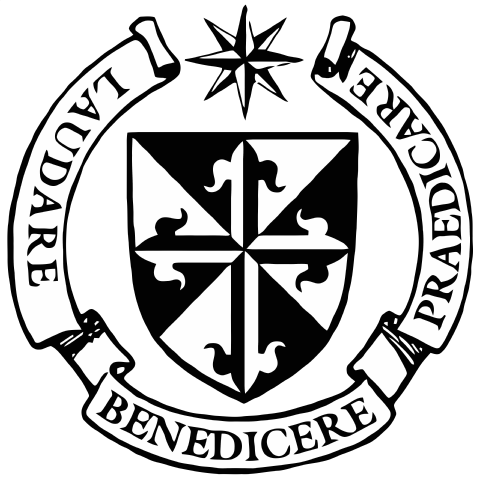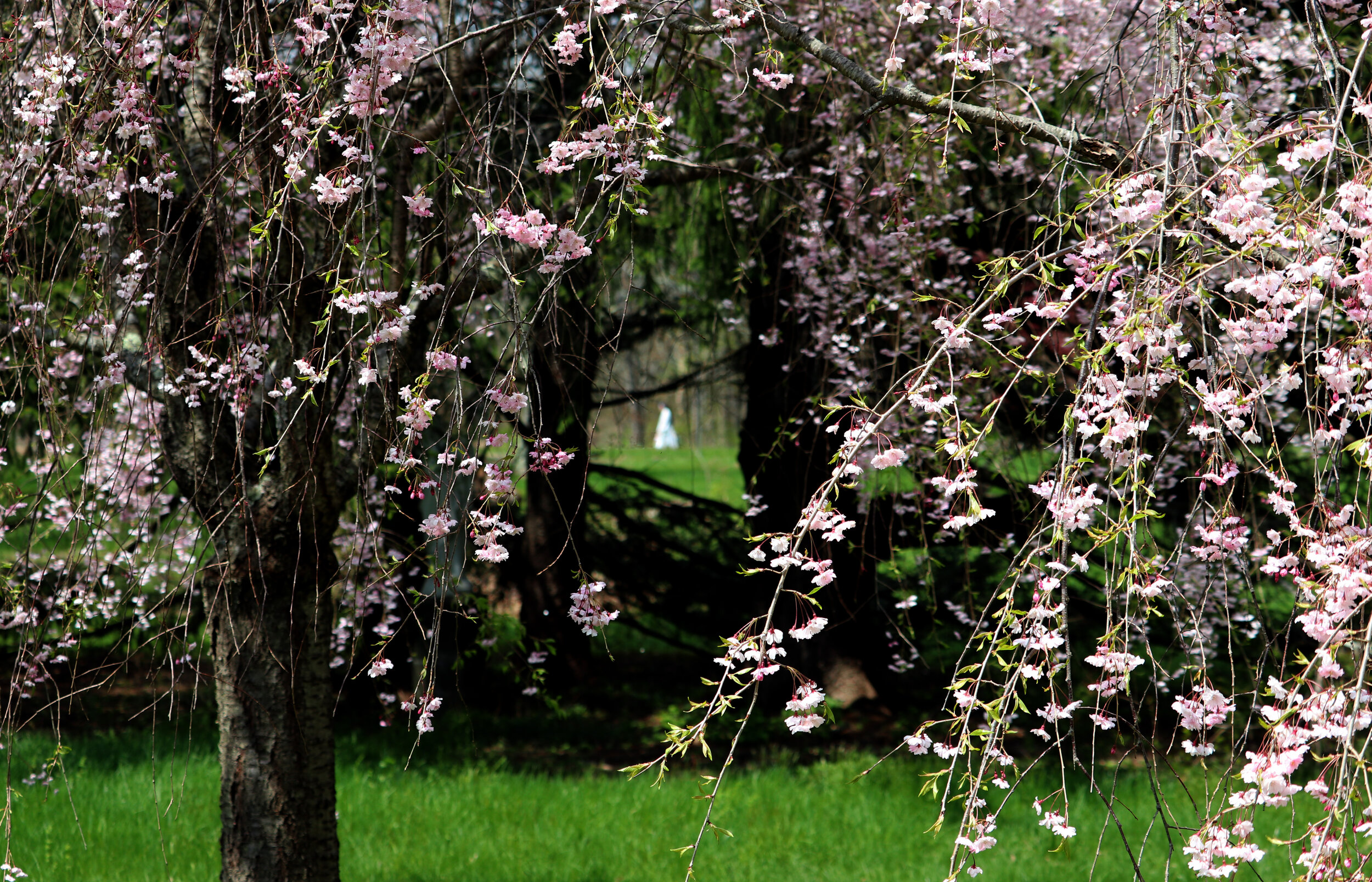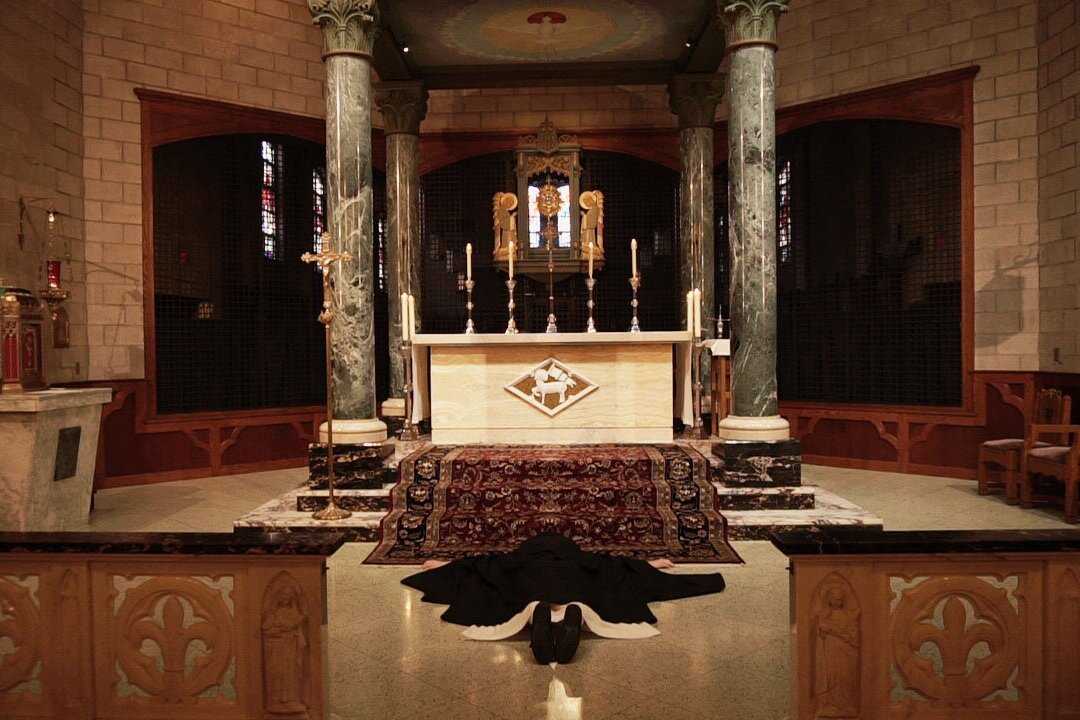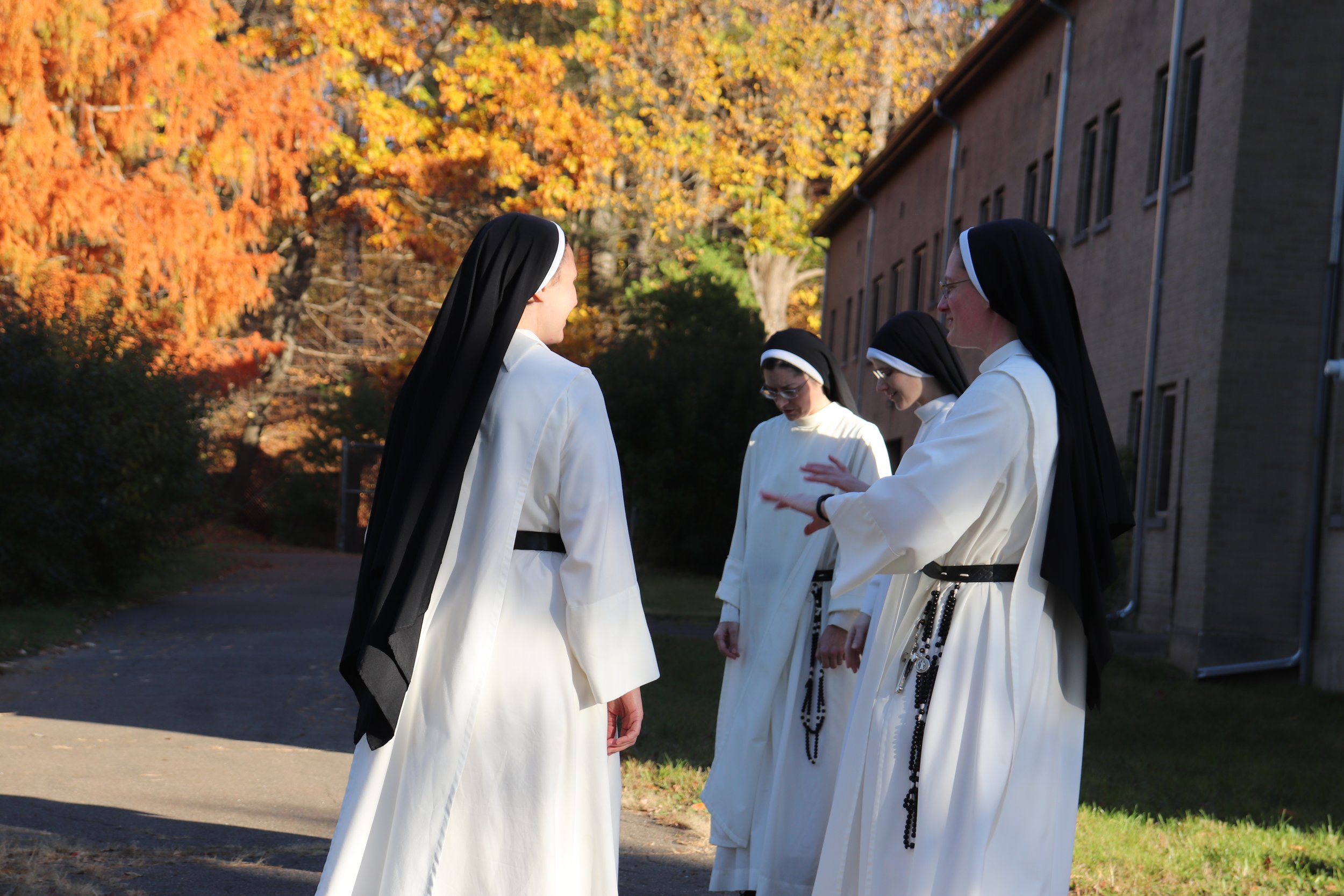Consecration
God, in his mysterious governance of all of creation, has ordained that some of his friends be consecrated to him under the title of religious profession. Rooted as it is in Baptism, this new consecration highlights the gratuitousness of God’s grace and his desire to draw these persons more deeply into his redemptive mysteries, through a radical configuration to Christ. Religious consecration is not merited or earned; it is a gift. As such, the Church exercises a certain jurisdiction and solicitude over its protection and promotion of what has traditionally been called “the religious state” or the “state of perfection.” These terms have long been normative in the tradition of the Church, and seek to underscore that by religious profession, one enters into a stable form of life oriented towards the perfection of charity.
This does not mean one must already be perfect—or that religious are perfect! However, although one is not bound to possess perfect charity at the outset of her religious life, she is bound to tend towards it. This holy desire to tend towards the perfection of charity is concretized in the profession of vows. Saint Thomas Aquinas explains that every state in life entails some obligation, and in the case of the religious state, this obligation, undertaken in love, assumes the form of the vows—which assume the form of a holocaust patterned off of Christ’s own sacrifice.
This is why the Code of Canon Law declares, “As a consecration of the whole person, religious life manifests in the Church a wonderful marriage brought about by God, a sign of a future age. Thus the religious brings to perfection a total self-giving as a sacrifice offered to God, through which his or her whole existence becomes a continuous worship of God in charity.” This excerpt alludes to the sublime privilege that for a consecrated religious every act (except that of sin, of course) is considered an act of worship, and so assumes a certain efficacy. This is already the hundredfold that Christ promised in this life—that the thoughts, words, and deeds of a consecrated person are raised to a supernatural plane which redounds to the holiness of the whole Church.


















